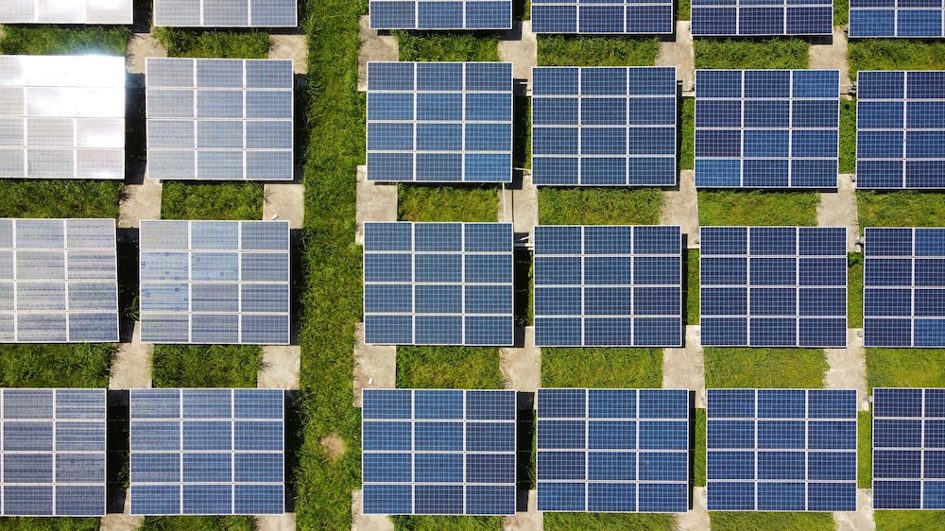The interaction between climate, leaf greening levels, and wildfires impacts the future of the boreal forest and Canadian tundra.
Wildfires play a crucial role in forest regeneration by stimulating the growth of young deciduous shrubs that create a favorable ecosystem for slow-growing spruce species. However, an increase in wildfires disrupts this mechanism, reducing species diversity as deciduous trees become dominant and wildfires become less frequent, limiting regeneration.
In the northern part of the forest, the edge shifts based on the Arctic front, which represents the boundary between cold and warm air masses.
Several thousand years ago, a long cooling episode known as the neoglaciation occurred, forcing trees to adapt to a harsher climate by adopting a shrub-like posture. This reduced their reproductive capacity and allowed the tundra to expand.
The current climate warming trend is expected to reverse this pattern and allow trees to reclaim territory to the north, provided that species diversity and the frequency of wildfires support this recolonization.
Source: The Conversation




